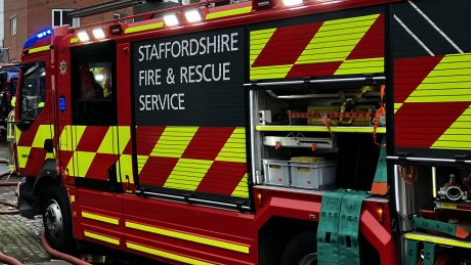Public backs reduced on-call firefighter crews
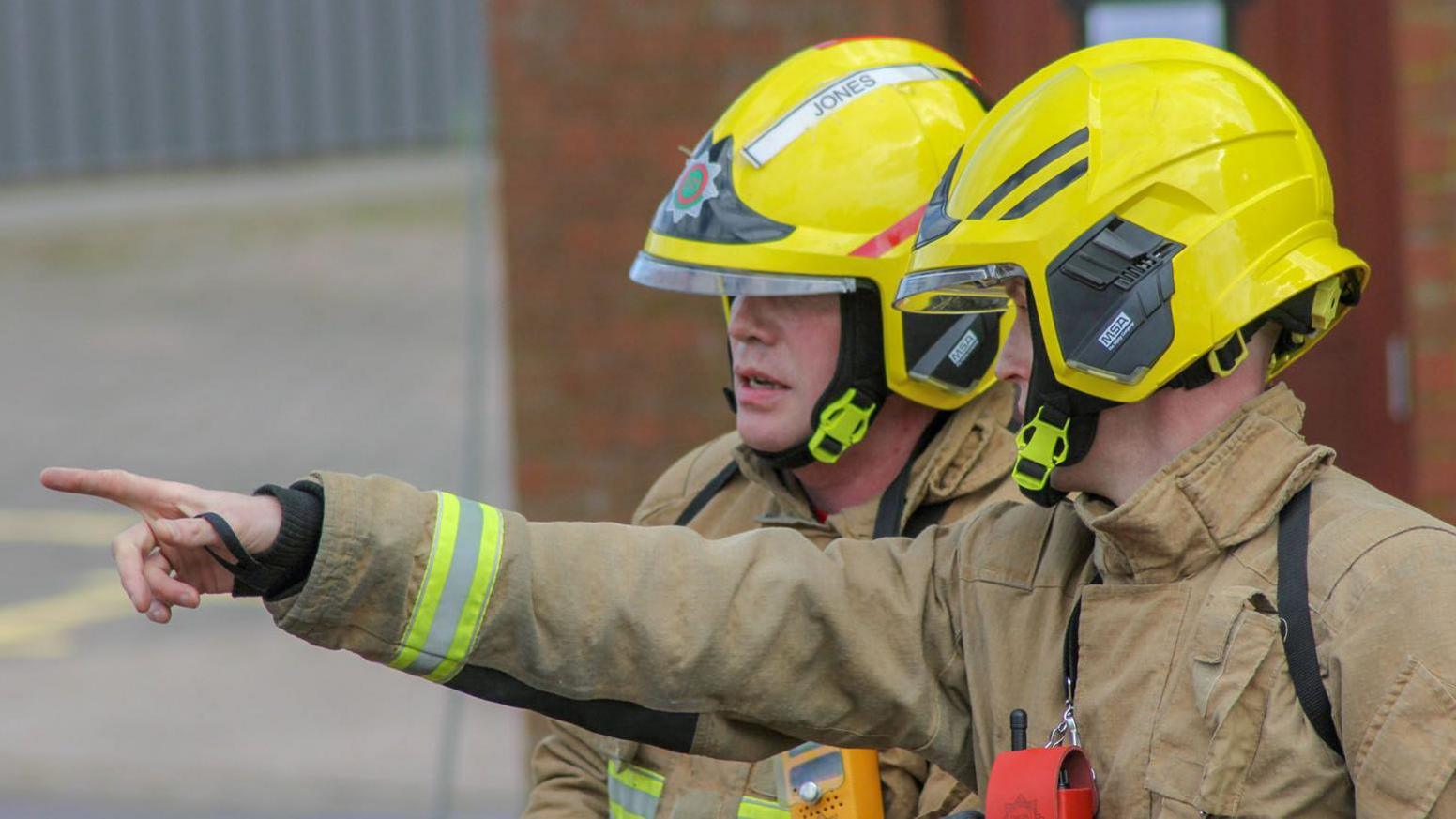
Staffordshire Fire and Rescue Service said last month it would continue sending extra crews of three on-call firefighters to incidents following a trial period
- Published
Staffordshire residents have backed a policy of reducing extra teams of on-call firefighters from four to three.
Staffordshire Fire and Rescue Service said more than 80% of people who responded to a public consultation were happy for the approach to continue.
The service confirmed on 4 December a 17-month pilot, which saw smaller teams respond to more than 600 incidents, would become permanent with immediate effect.
The public response was published as part of a four-year plan, external detailing the service's wider intentions to prioritise community safety and the environment.
The Fire Brigades Union (FBU) and some councillors previously criticised the three-riders approach, saying smaller crews could not safely deploy breathing apparatus teams into burning buildings.
But the service said it allowed more rapid interventions while waiting for the next nearest fully-crewed appliance.
Community Risk Management Plan (CRMP) documents said the approach had seen attendance times reduced in some cases by more than nine minutes.
Three staff surveys also supported the policy, the service added.
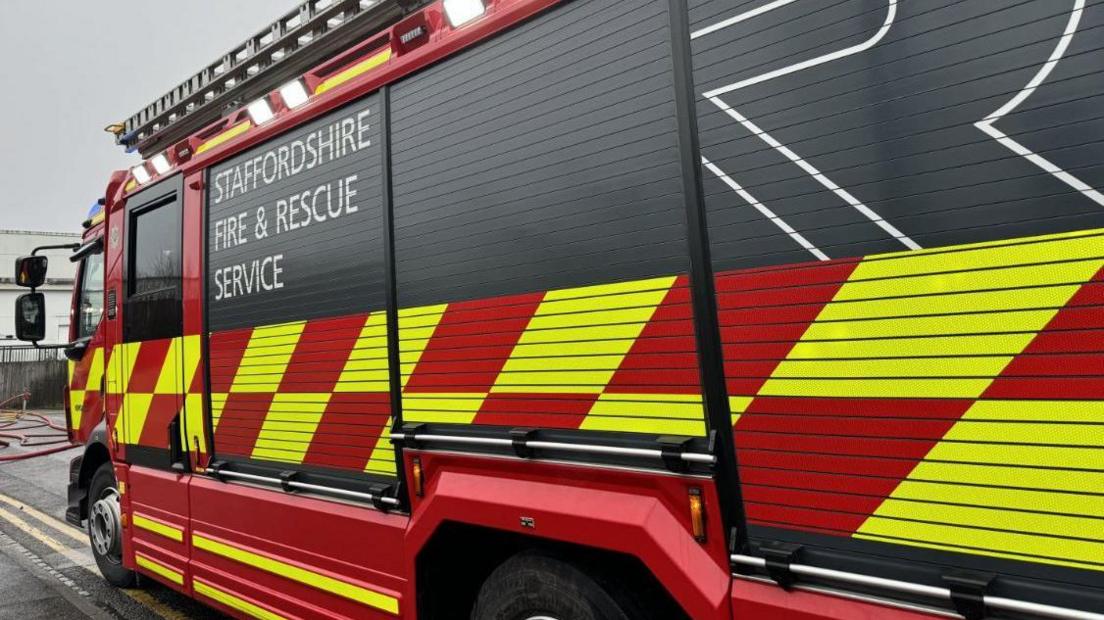
Staffordshire Fire and Rescue Service will focus on community safety and responding to climate change over the next four years
More than 1,500 responded to the service's CRMP consultation, carried out between August and November last year.
The majority of residents said they wanted crews to focus on building safety inspections, incident prevention and working with vulnerable residents.
About a third called for more to be done to address the impact of climate change.
Chief Fire Officer Rob Barber said the community was "at the heart of everything we do", and the service was taking steps to reduce its carbon footprint and ensure it was equipped to deal with the impacts of climate change.
Four-fifths of survey respondents also wanted firefighters to continue to transport discharged patients home from Royal Stoke Hospital and provide assistance following "non-injury" falls at home.
In addition, the organisation outlined plans to put its employees first while developing a "diverse, healthy and highly professional workforce".
This includes investing in equipment and training, and community engagement to improve the diversity of its workers, according to the CRMP.
Follow BBC Stoke & Staffordshire on Facebook, external, X, external and Instagram, external. Send your story ideas to: newsonline.westmidlands@bbc.co.uk, external
- Published1 January
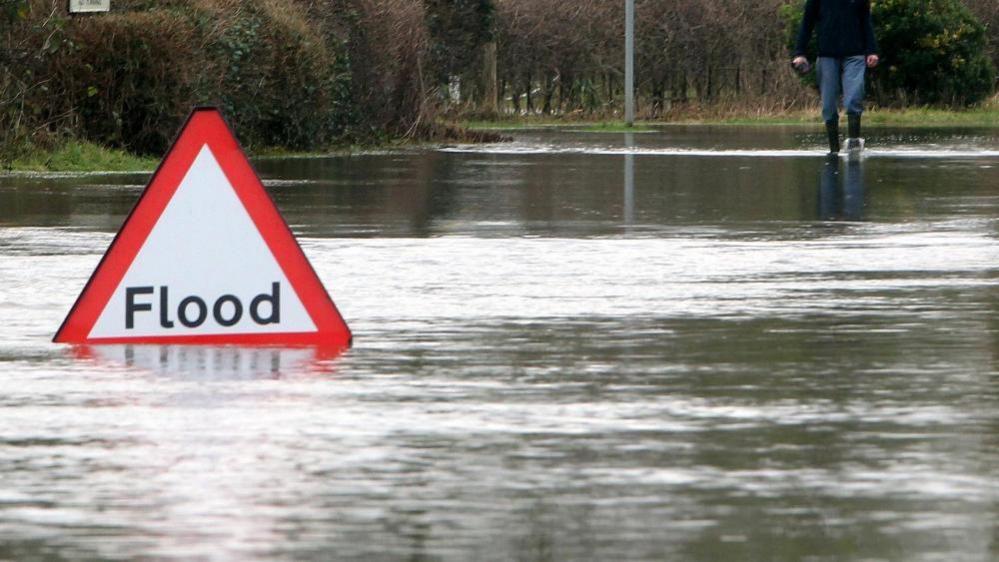
- Published9 December 2024
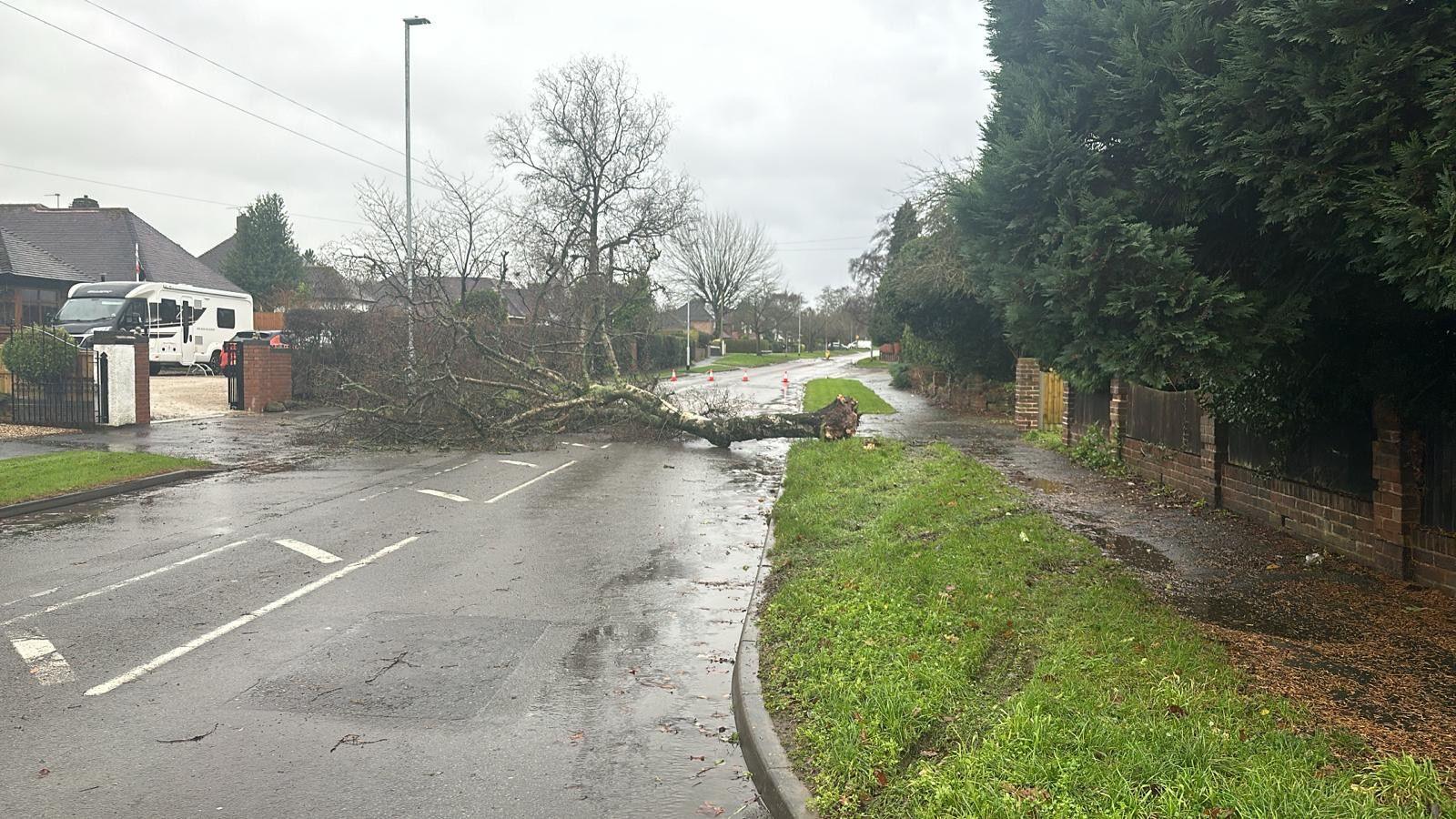
- Published10 November 2024
